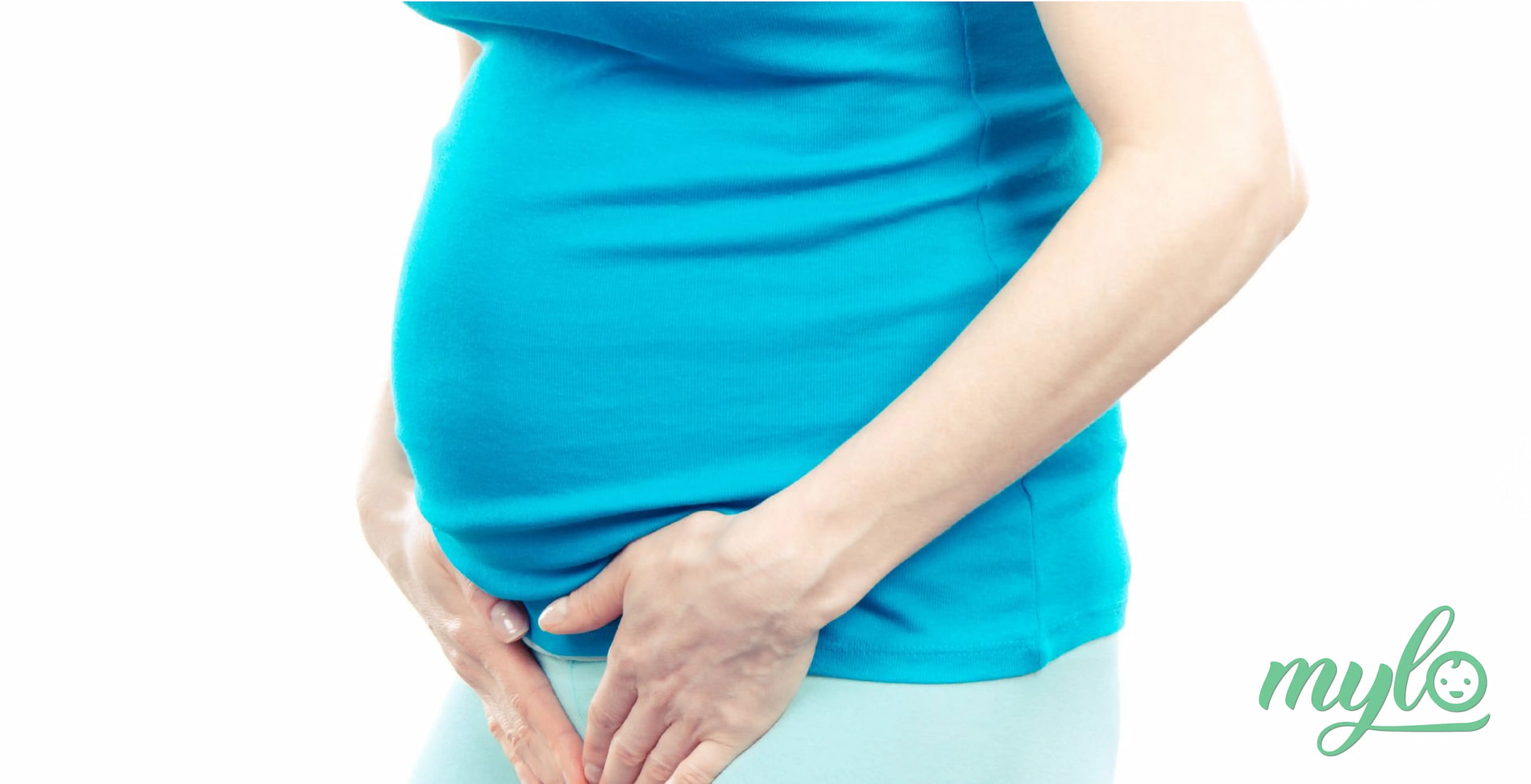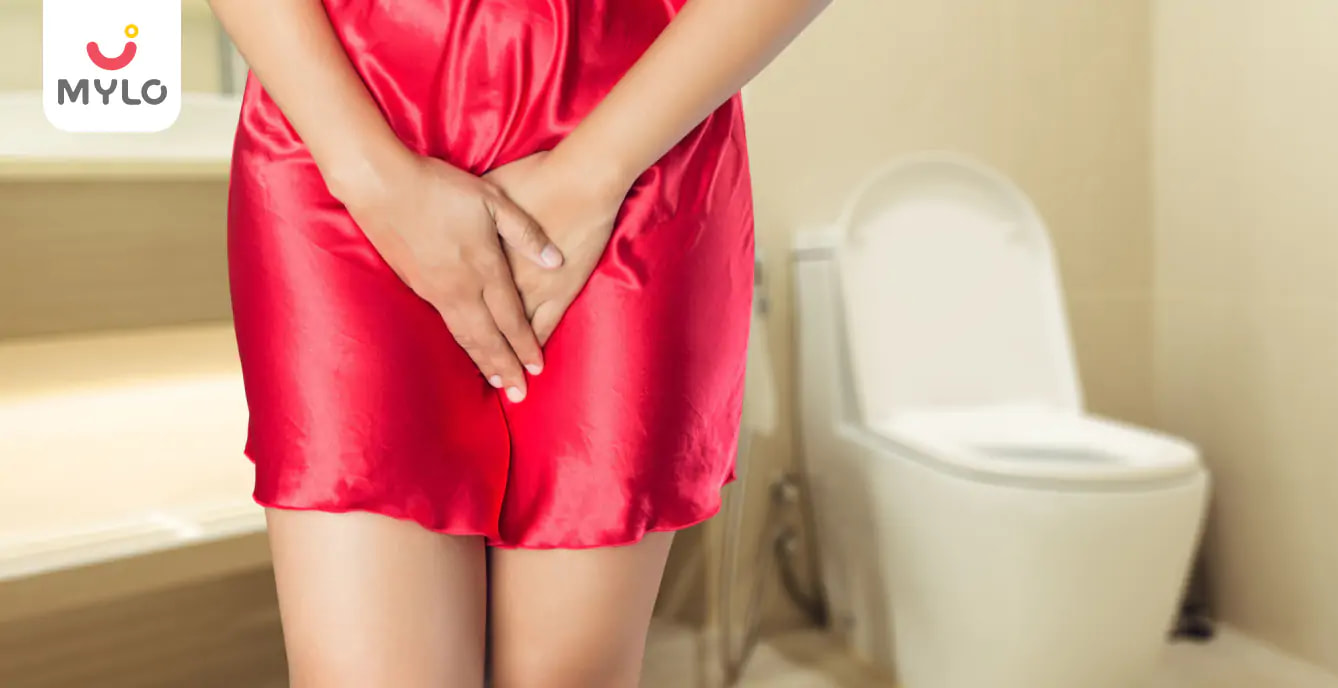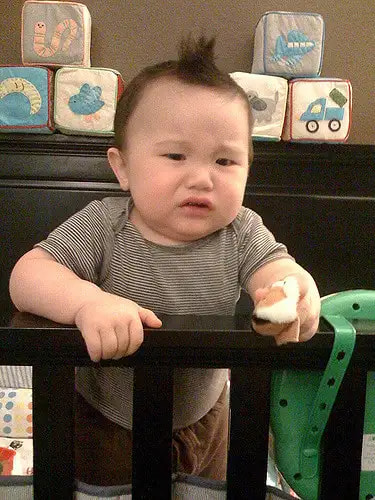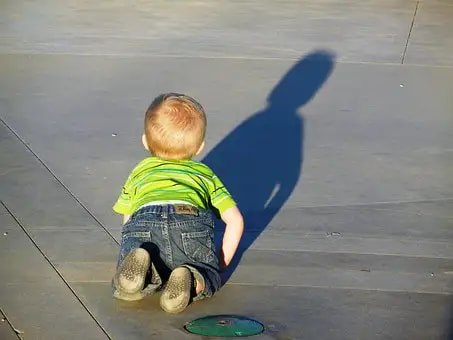Home

Illnesses & Infections

Is there anything to worry about when your baby passes urine frequently? Here are some warning signs.
In this Article
Illnesses & Infections
Is there anything to worry about when your baby passes urine frequently? Here are some warning signs.
Updated on 30 January 2023
Is your baby suffering from Pollakiuria (frequent urination)? What are the causes, symptoms, signs, and treatment of it?
Pollakiuria (frequent urination) is a condition that is mostly found in children and it can be quite frustrating for the parents and caregivers. Although it’s a sign of a well-hydrated and healthy bladder still it’s distressing because your little one has not learned how to control the bladder. Most of the parents get confused and by mistake think that the child is suffering from any other illness. The urine is involuntarily released due to the Overactive Bladder (OAB) because the child feels it’s uncontrollable and may feel to urinate frequently. Although it’s quite common in children but even some adults are not spared from this disorder. After delivering a child almost every woman undergoes this discomforting situation of urinary incontinence. Most of the parents are unable to understand that why the child is frequently urinating and is unable to control the pee at day and night time even when the child is sleeping. Kids between 3-8 years old are mostly affected by this and according to the experts, stress plays a major role in this problem. The main causes of frequent urination are as follows:
-
UTI (Urinary Tract Infection)- While peeing if your baby complains about pain along with burning sensations then it is one of the causes of UTI. Cleaning and washing your child’s external genital organs after bowel movement should be done carefully and properly. To avoid UTI it’s important to clean the baby girl’s organs from front to back as that prevents the entry of germs from the rectal cavity to enter the urinary tract.
-
Diabetes insipidus- At times an insufficient level of the anti-diuretic hormones leads to insatiable thirst along with the urge to pee in your child and this also causes loss in appetite, poor growth, and dehydration.
-
Lifestyle-based problems- When your child is not eating a nutritionally balanced diet and consuming a lot of aerated drinks, chocolates, spicy foods, processed foods, or fast foods then it can lead to frequent urination and an overactive bladder.
-
Avoiding urination- Some kids avoid going to the washroom for many hours because they are too engaged in playing or watching tablets/smartphones and that puts pressure on their bladder which leads to an overactive bladder and triggers frequent urination.
If your child is passing small amounts of urine approximately 10-30 times a day then consider it as one of the main symptoms of Pollakiuria and some of the other symptoms are:
-
Excessive thirst
-
Pain and burning sensation while passing urine
-
Abdominal pain and fever
-
Change in the color of the urine and may have a distinctive smell
-
Frequent Urinary Tract Infections
-
Sudden weight loss
You must immediately consult a pediatrician when you observe some strange changes in your child. The doctor will run a few tests to diagnose the exact problem in your child and your baby might have to undergo few tests like:
-
Urine culture
-
Urine analysis
-
Blood test
Frequent urination in your child can be treated well because as the child grows, he/she learns to control the bladder for a longer duration of time. If the doctor suspects UTI then he/she may prescribe antibiotics for it. The doctor will recommend that you must encourage your child to use the washroom properly and hygienically. The technique of bladder retraining will also be practiced in which the child will be asked to use the washroom every few hours and controlling the urge to go in between. If your child is suffering from anxiety, depression, or any stress-related issues then you must take your child to a certified psychologist or encourage him/her to speak their heart out to someone they trust. You can take these preventive measures to avoid your child from developing an overactive bladder:
-
Proper hygiene and cleanliness of the washroom is highly recommended
-
Educating your child on how to use the restroom and wash after bowel movements
-
Teach your baby girls how to squat while urinating in public toilets as that may help prevent them from getting infected by UTI
-
Usage of strong soaps and chemicals on the genitals should be avoided
-
You must educate your kids with Kegel exercises
-
Motivate your kids and encourage them with rewards to maintain a proper toilet schedule
-
You must offer bladder-friendly foods and drinks to your little ones like- fiber-rich foods, curds, water, etc.



Written by
Ishmeet Kaur
Ishmeet is an experienced content writer with a demonstrated history of working in the internet industry. She is skilled in Editing, Public Speaking, Blogging, Creative Writing, and Social Media.
Read MoreGet baby's diet chart, and growth tips

Related Articles
Related Topics
RECENTLY PUBLISHED ARTICLES
our most recent articles
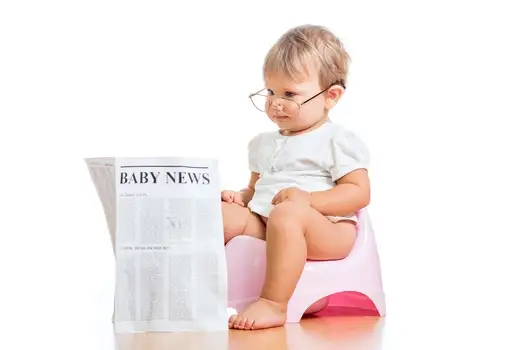
Potty Training
The Do's and Don'ts of how to effectively handle toilet training for your child

Pregnancy Journey
Top 10 Precautions you must take while Celebrating Christmas and New Year During Covid
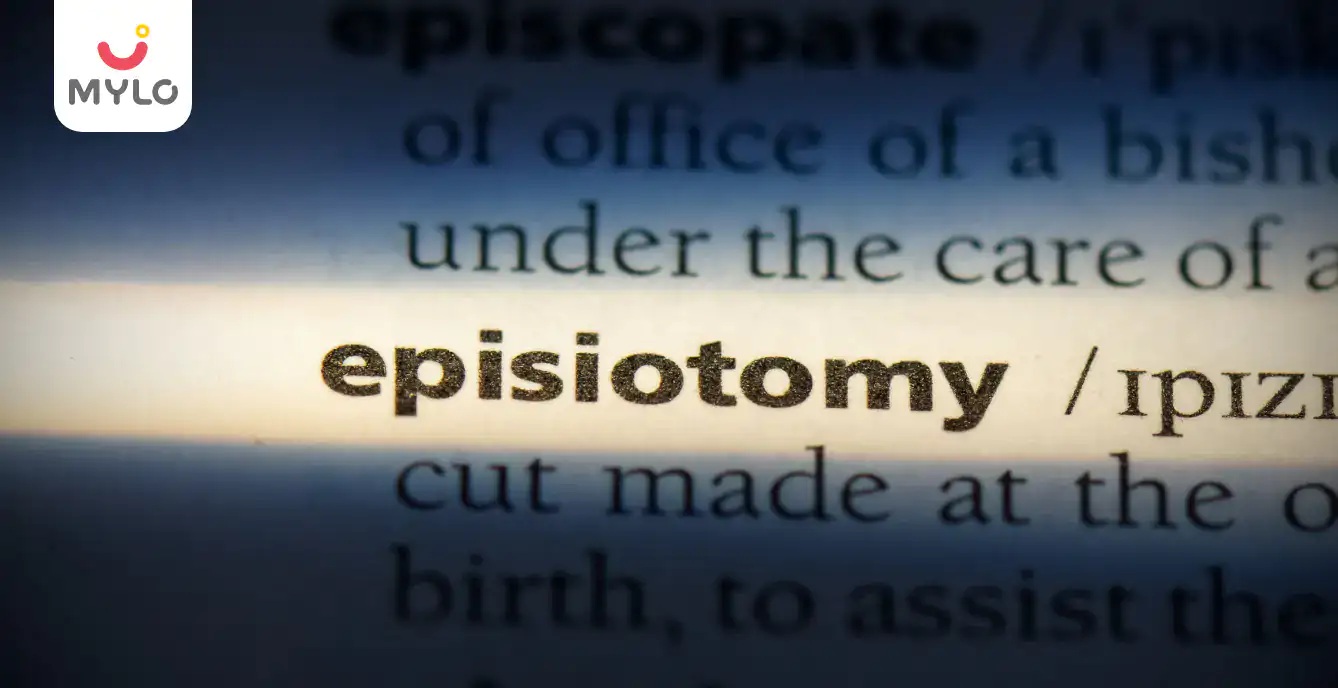
Episiotomy
Episiotomy Care: Meaning, Reasons & Risks
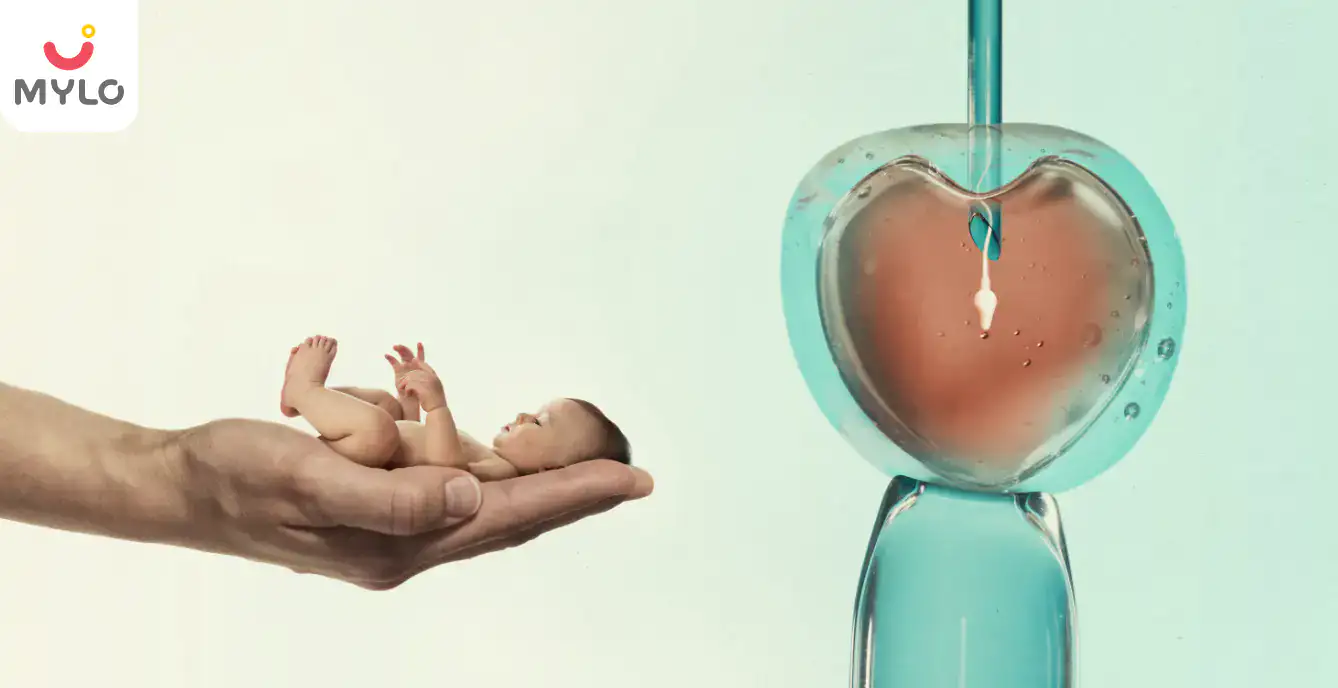
In Vitro Fertilization (IVF)
7 Most Popular IVF Myths Busted
Sex Life
Is It Safe to Have Sex During Pregnancy and After Delivery?
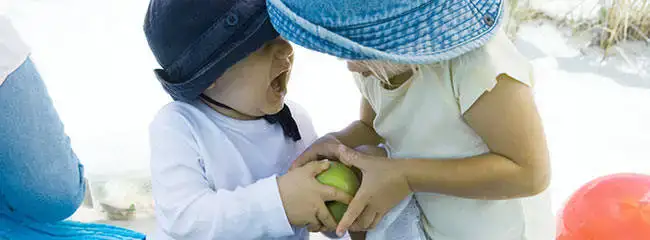
Emotions & Behaviour
How to Teach Your Toddler Not to Hit?
- An Expecting Mother's Guide to Vitamins & Supplements in Pregnancy
- Use of Air Conditioners & Coolers for Newborns
- Neonatal Jaundice: Causes, Symptoms & Treatment
- Depression During Pregnancy: Causes, Risks & Treatment
- Discover the 10 Best Shows on Netflix in 2023!
- Eating Spicy Food During Pregnancy: Is it Safe or Not?
- 7 Tips to Help Your Toddler Transition From Potty to Toilet
- Embryo Freezing: Purpose & Outcome
- Exercises to Help Strengthen Weakened Pelvic Floor Muscles
- How Moms are Approaching 2023 - Mylo's Survey This Year End
- Second Trimester of Pregnancy
- Third Trimester of Pregnancy
- Mylo Care Stretch Marks Cream Review
- How to Cure Breathlessness in Pregnancy Using 8 Natural Ways?


AWARDS AND RECOGNITION

Mylo wins Forbes D2C Disruptor award

Mylo wins The Economic Times Promising Brands 2022
AS SEEN IN

- Mylo Care: Effective and science-backed personal care and wellness solutions for a joyful you.
- Mylo Baby: Science-backed, gentle and effective personal care & hygiene range for your little one.
- Mylo Community: Trusted and empathetic community of 10mn+ parents and experts.
Product Categories
baby carrier | baby soap | baby wipes | stretch marks cream | baby cream | baby shampoo | baby massage oil | baby hair oil | stretch marks oil | baby body wash | baby powder | baby lotion | diaper rash cream | newborn diapers | teether | baby kajal | baby diapers | cloth diapers |



